Opinions Vary When It Comes to Balancing Growth and Preservation in the Karns Community
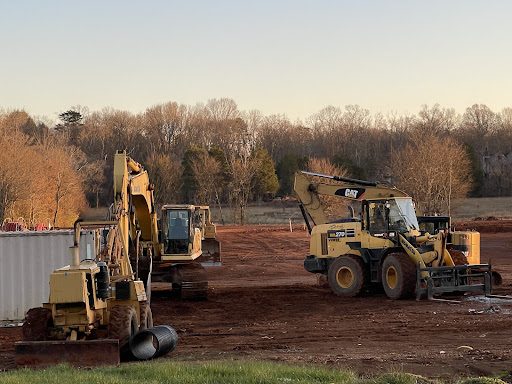
Construction crews prepare to build a new subdivision at the corner of Emory Road and Byington-Solway.
December 14, 2021
In the past few years, it has become obvious that the Karns Community has been growing. From families moving in, to growing populations in schools, new businesses popping up around town, to a little extra traffic congestion during your morning commute to school or work, you may have noticed this.
With all of this community growth, what does that mean? More people means more houses need to be built, which also means more construction. There seems to be a growing tension surrounding this particular topic between both construction companies like Smithbilt Homes and the local residents who live or work in Karns. The controversy of this has resulted in complaints and unrest with each new breaking of dirt.
For quite a few years, I have heard the differing arguments of people either in favor of or against the construction in the town, but the new opinion among the majority is mostly negative. Many people who live in Karns have not been fond of the construction. Oftentimes, they will even announce their proud hatred toward it.
I made a post on the social media platform, Facebook, in one of the most popular local groups called “I Love Karns.” In the post, I described that I was looking for input on the construction of Karns and for them to express their opinions. The feedback I received was all negative. There was not a single comment made that shed light on the topic or one that was in favor of said construction.
John Scott, a Karns local, expressed his feelings. Scott stated, “It has been changing for decades, and for decades we have wanted it to stop.” Scott was the very first comment I received on that post, so I immediately was able to get a feel for how the opinionated trend was going to lean. He then went on to describe the different businesses and shops that resulted from the construction years ago, “We had the Amoco, E-Z Stop, Big T, along with Ritters IGA & Gillenwaters, post office, and Clark’s Barber Shop.”
Another resident, Heather Hogan, spoke about her personal experience and the consequences of the growing amount of construction that she has seen on her own property. “[I had a] beautiful pond that my ducks and horses used to be able to swim in, until Smithbilt bought the property above me and built a subdivision.” Hogan explained that the construction above her property changed the layout of the environment, “That changed the water table of the land. Now I have a dry pond most of the year.”
Some of the most common places that construction companies seem to grab up are large plots of farmland. The main reason for this is that they can fit quite a few houses on each acre, which causes crowded subdivisions. Sometimes, these newly constructed subdivisions even back right up to another neighboring farm or individual’s property, which can cause annoyance among the community. Scott touched on this, saying, “Lots of farmland is now subdivisions. It will always keep building up just like it did on us since 1970.”
Not only have the construction companies been buying and developing on working farms and their vast acreage, but this has been affecting the environment as well. From flooding, to extreme dry spots like Hogan mentioned, this has been an issue noticed frequently. Another resident, Julie McBee Fritts, made a statement replying to the case of Hogan’s dry pond, stating, “But ‘they’ say they cause no damage to Beaver Creek or any other waterways.” Her use of the word ‘they’ being a reference to the many construction companies occupying land in the Karns Community for building.
The issue of construction affecting the environment in Karns community has been an extremely upsetting factor to those living here. Fritts went on to express her disappointment in, not only the construction companies themselves, but also those in authoritative power. She showed this disappointment by saying, “I know, it’s extremely upsetting that our elected officials choose money over the environment and wishes of the community.”
While there are still a lot of negative opinions regarding the construction, a few residents brought up an interesting idea that could be a solution to be observed. This idea was something described as an Agri-Hood. An Agri-Hood is a kind of community that integrates agriculture and farming production into a more residential type of neighborhood.
Glenda Brown explained her support for such an idea, saying that she “would love for the builders to use the concept of an Agri-Hood: a community built around a working farm.” She continued, “The farm is meant to be a gathering place instead of a clubhouse or golf course. Families can help with the gardens in exchange for produce, or buy from the market on the farm.” She added that her son had just recently moved into an Agri-Hood in Grovetown, GA. Brown explained that the concept would be very useful for preserving the old farmland for many more years, rather than just throwing it away for the use of subdivisions.
Carolyn Greenwood also agreed with Brown’s recommendation and expressed her support for the idea as well. “This is an interesting idea!” She said was not originally familiar with the concept at first, but indulged in some research after hearing about it from Brown. Greenwood continued by adding, “It sounds like a way to align developer interests with the interests of the folks who do not like all the farmland destruction that new development is bringing.”
Many people in the Karns Community believe that the preservation of the farmland, environment, and the “original Karns feel” is important to them. Greenwood spoke on this, “I don’t think we will be able to stop development, so I think it is important for us to figure out what features of Karns we can still preserve to keep from losing everything that has made Karns such a desirable place to live.” She then added on, stating, “Preserving some farmland for use as described, could be a way to do that which would be beneficial for everybody.”
I attempted to reach out to Smithbilt and a couple of other developing companies for comment, but as of the publication of this article have not received a response.
While the majority of the folks living in Karns see the negative effects of construction within their home town, they also realize and notice that there could be solutions and ways to live among the new building. From Agri-Hoods, which are growing in popularity, to ways to preserve the natural environment and landscape, there are always ways to shed light on the situation. Locals are excited about the fact that people see Karns as a desirable place to reside in, but also continue to search for ways to improve.






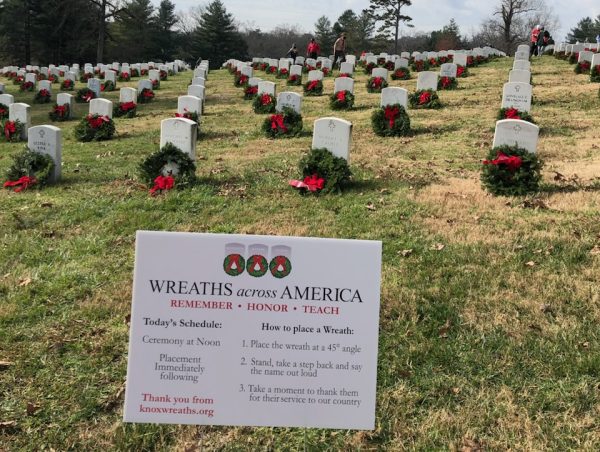
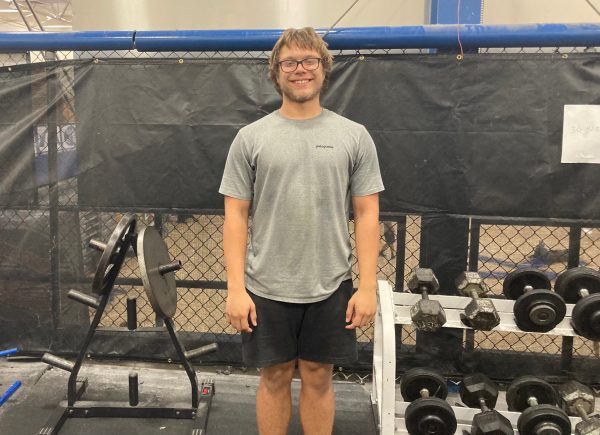



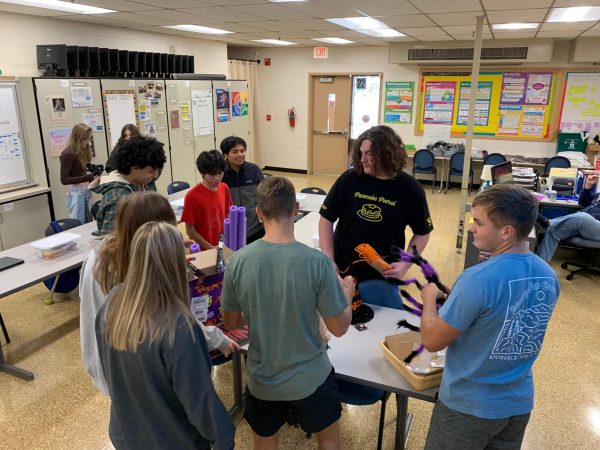

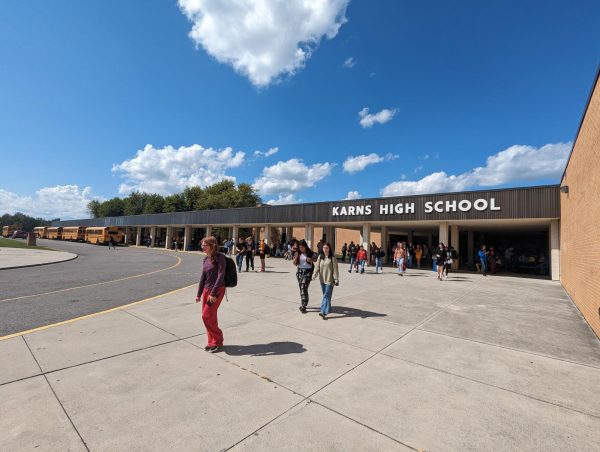
Rhonda • Dec 17, 2021 at 11:56 am
What’s going to be really sad is when Bell’s farm becomes Smithbilt homes. I heard the property was leased with the option to buy in 5 years and that was 1.5 years ago.
Janice Everett • Dec 17, 2021 at 9:02 am
Thank you for such a thoughtful article that offers an option with agri-hood. Creative concepts woven into development plans would definitely help sustain the feel of a close community.
Quill Higdon • Dec 17, 2021 at 8:40 am
Land owners that still embrace a rural life style and labor in the hard work that goes into maintaining a working farm or improving undeveloped property that everyone enjoys should be compensated for by the state or Knox County for keeping their property as a green belt which I think was in place at one time, not just a few hundred but thousands of Dollars as compensation to the land owners as long as they are actively enrolled and committed to preservation!
M Claunch • Dec 16, 2021 at 11:00 pm
There’s also the major traffic issues. Traffic backs up a lot now and with no center turn lane in a lot of Karns, it makes travel very difficult. Instead of people slowing down a little to try to let a car out safely, they speed up and bear down on their horns. I had one gentleman (??) pass me on the right shoulder of the road and try to cut me off! How dare we try to go to our homes, or try to pull out on the highway and get in their way.
Tamara • Dec 16, 2021 at 7:31 pm
Lived i.
Lived in Karns for eleven years. Loved that it was so close to shopping and church. Only took ten/fifteen minutes to get anywhere I needed to go. Then all the subdivision construction began. The ten/fifteen minute commute consistently became thirty plus minutes. Hated the traffic so much as well as the sea of overcrowded subdivisions; we sold our home, bought six acres of land in Philadelphia,TN and built a house. I can drive to my favorite shopping spots in Knoxville in the same thirty/forty minutes it took me from Karns.
Mike Miller • Dec 16, 2021 at 7:06 pm
Very good article, thanks. You didn’t get any response from the builders, imagine that. They don’t care about any thing but money and more money.